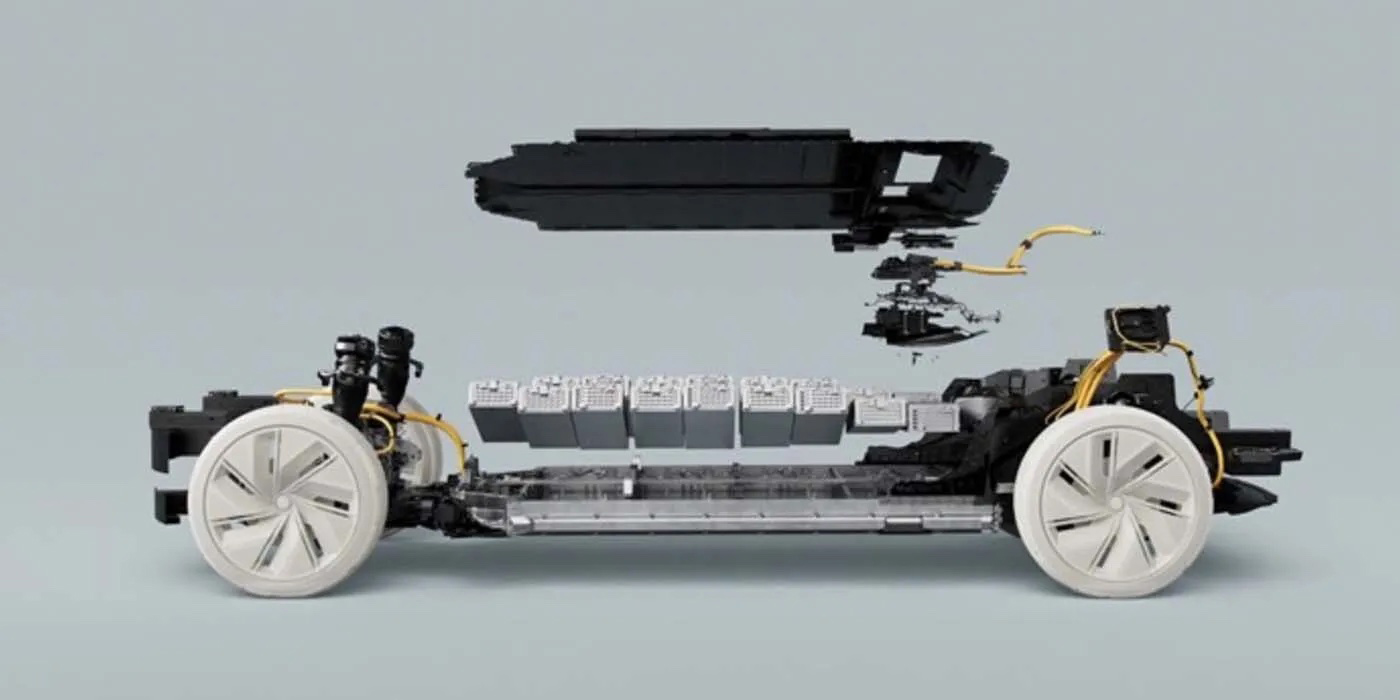TORONTO — NUCAP has developed the FineblankPlus stamping process for brake pad backing plates which surpasses the quality and production value of traditional stamping methods, according to the company. The FineblankPlus stamping technology produces brake pad backing plates that excel in the two most critical plate features that determine the backing plates performance: flatness and abutment tolerance, NUCAP says. Both are critical factors in controlling brake noise and performance.
“Our work, with Original Equipment manufacturers around the world, has shown that the brake pad backing plate is one of the most critical components for proper braking performance,” says Jayson Keever NUCAP’s executive vice president of global sales and marketing. “This is why we’ve developed the FineblankPlus stamping technology and made it available to all of our Original Equipment partners. By delivering improved consistency and capability for the evolving OE tolerances, we’re able to provide customers the components to produce brake pads that exceed current specifications at a better overall value.”
The FineblankPlus stamping process provides a product that meets or exceeds current product tolerances, while allowing for an improved cost structure for the supply chain. FineblankPlus sets new standards for brake pad backing plate flatness and, when combined with the NUCAP NRS and Step Chamfer technologies, results in a brake pad that stands up to the demands of performing in one of the vehicles harshest environments.
Learn more about NUCAP’s FineblankPlus technology and other products at www.nucap.com.




